|
If your child is in the Music Moves programme you (and they) may start to wonder when they will start to learn to read music, after all most piano lessons involve learning to read music almost from day one. Music Moves is different. In this audiation based approach children learn music first, and music reading later. Audiation: the ability to think music in the mind with understanding Learning about music is not learning music. If your child is in the first few years of the programme then they are currently busy learning music through listening to it, moving to it and making it. They are developing their audiation. Formal music reading will be introduced when they are ready to grasp abstract concepts, around age 10-11. At that stage it’s their audiation that will help them read music with understanding. More on that later.
Imagine how impossible that would be – how would you describe a world they had never experienced, how could they ever deeply understand about the world only through reading about it. Instead of being filled with joy and wonder, your child’s experience would be dry and meaningless. Music is wonder, awe, sadness, despair, joy, happiness. Music takes the experience of being human and delivers that experience back to us through sound. It is with us when we’re happy, when we’re sad, when we want our mood lifted, when we want to relax – there are thousands of pieces of music for every human emotion and experience. If music reading is introduced as soon as a child starts learning an instrument then they are at risk of missing out on the wonder of music. Music Moves for Piano is based on Music Learning Theory, developed by Dr Edwin Gordon who spent his career studying how children learn music and coined the term 'audiation'. People who audiate can:
If we want children to easily read music then we have to start from an aural / oral perspective When children can grasp the concept that: sounds the same as and both use the same rhythm syllables but are written differently, then they are ready to formally learn how the musical patterns they already know are notated. Taught in this way, the ear, the heart and audiation are at the centre of the music learning experience. Before this children will be exposed to how music is notated by looking at the score and noticing patterns, so they will start to recognise patterns before the formal instruction begins. This puts them in a good place as they will start to become familiar with music notation long before they are expected to read and play from it. Gordon's research shows that children can grasp abstract concepts such as this, around age 10-11
I am just starting to experience audiation. So far this means I sometimes just ‘know’ what is coming when I sight read (hopefully that will improve some more!); I hear more of the important notes in the music I’m playing; I can learn and retain complex pieces more quickly. I see what children in the programme can do, the joy they derive from their lessons and music making and am excited to see what lies ahead for all of us. It might look to both you and your child that you are not making progress, or that progress is too slow, or that you are not learning what you expected to learn. But the learning is happening in your child’s audiation. You can’t see this, you will only hear it, and they will experience it as time goes by. Your child’s experience and knowledge of music is growing steadily and will gradually become evident in the way they play and change their pieces, their improvisations, their compositions. If you want to compare to their peers look at more than music reading. Ask yourself, can they do the things people that are learning to audiate can do? They may be able to read music, but you can do so much more than this: you can make your own music. I'll leave you with a quote from the author of Music Moves for Piano: ‘Music notation, in itself, cannot teach music reading. What this means, is that with a familiar music vocabulary (what we are building from day one of Music Moves) children learn to understand and play music they have never seen or heard before. In other words, they can sight read music far more easily than those who have not been taught this way. I hope you will agree this is a goal well worth pursuing.
0 Comments
Another creative love is to create music, that is to improvise. Improvising is not playing music that someone else has written, but something I have created myself that has come from nowhere. I can’t share that so easily with others since it’s gone as soon as it arrived. Unlike art I find it harder to get myself to sit at the piano and create music, however when I do it’s such fun and I can get quite carried away, losing all track of time! This is a state of ‘flow’, which ‘is characterized by complete absorption in what one does, and a resulting loss in one's sense of space and time.’ (Wikipedia - see reference below)
we all have something to say, let’s make sure the opportunity to say it is given through the gift of improvisation Leading piano pedagogues have written about the importance of improvising in piano lessons for The Curious Piano Teachers and I have taken a few quotes to share with you. See the full Curious post here.
Conclusion So much of what we hear in the world of piano exams, piano competitions and yes, piano lessons, could be more musical. Could the way thorough this be by encouraging more improvisation in our lessons, to allow students the opportunity to connect to music on their own terms, expressing their own feelings and really developing their understanding of what music means to them. Would this lead to more enjoyable musical experiences for students and their families alike, would students be more motivated to play the piano because it’s ok to just sit down and improvise their own piece?
It is a tragedy if the opportunity to deeply enjoy and connect with music is lost through lessons that require students to simply play what others have written – we all have something to say, let’s make sure the opportunity to say it is given in the gift of improvisation. Visit the improvisation page, play some tracks and experience it for yourself. Over the last few weeks we've looked at the benefits of learning music; what good music teaching looks like; and how it is possible to measure progress without relying solely on exams. Today we're considering the needs of today's children and how a novel approach to piano lessons incorporating all aspects of musicianship meets those needs. Please do share if you think your friends will find this interesting. As renowned music educator Paul Harris says, today's children have a wealth of choice in terms of activities they can choose to fill their time and many of these give instant gratification. Learning an instrument does not always give instant gratification and so, if taught by a teacher who doesn't understand music education thoroughly, it is not something children are going to choose to fill their time. Lessons with Surrey Music School offer children activities they can do well, 'now' - they learn to sing a song, they move to the beat, they spend all week singing the song and they play games together while singing the song - often they can't get it out of their heads! When they know the song really well they work out the pitches (the sounds that go higher and lower) and work out how to play it by ear on the piano. Because their ear is being developed through all this singing and playing they begin to work out how to play it. So a task that could be difficult - playing a song and reading it from notation - becomes easy because they have had lots of fun learning it thoroughly and when it is time to play it they know it really well. Children are then curious to know work out how the song can be notated (written down), so they are given resources to help achieve this and again, what could be difficult becomes easy. Children happily and independently working out rhythms to songs The piano is a pretty exciting instrument to play and explore, so not only do children get to play songs they have learned to sing but they also explore the whole piano through improvisation.
Children learning in this way not only get a really great musical foundation for the future but also get to play real music 'now'! Of course we do not advocate having everything now, but this approach has the dual benefit of enabling children to make real music while developing all the skills necessary to become confident rounded musicians.
Of course they will have to apply themselves, it will not always be easy, but it will be much easier than going the route of 'traditional' piano lessons which involve setting a tutor book in front of a child and expecting them to read and play without any musical foundation at all. In these instances the eye takes over from the ear in the effort to decipher the notation and all thoughts of music making are absent in the struggle. Over the next few weeks we'll be looking at everyone's roles in the learning process - the parent's, child's and teacher's. |
Caroline BlountDirector of Surrey Music School. Archives
January 2024
Categories
All
|
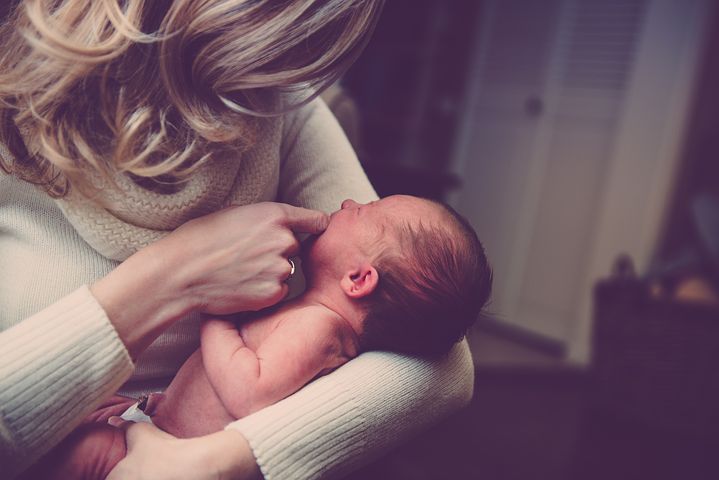

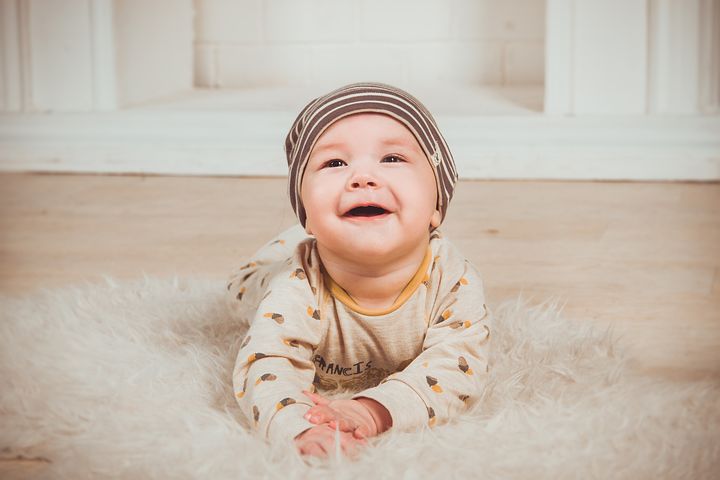
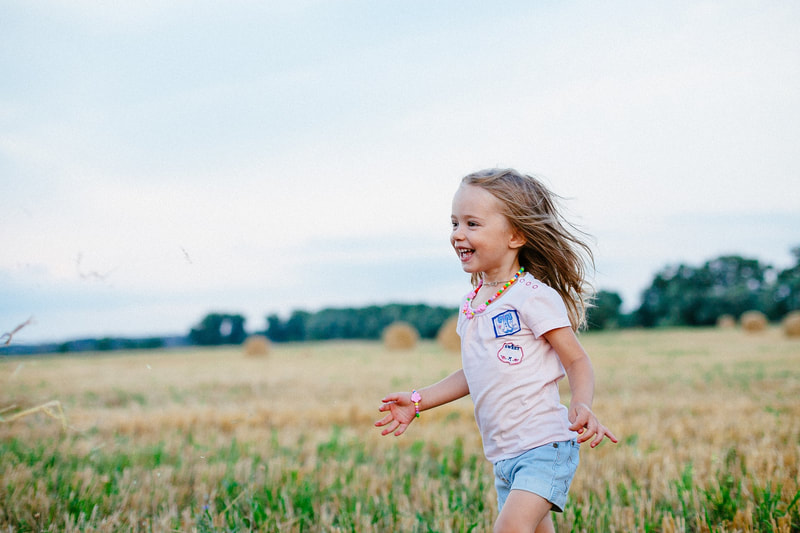
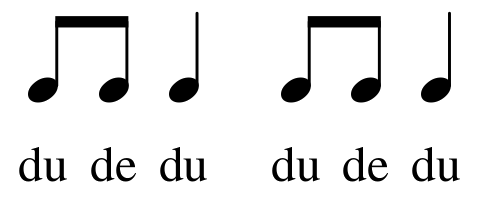
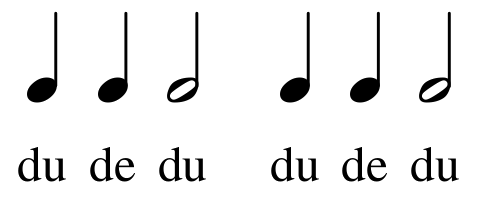
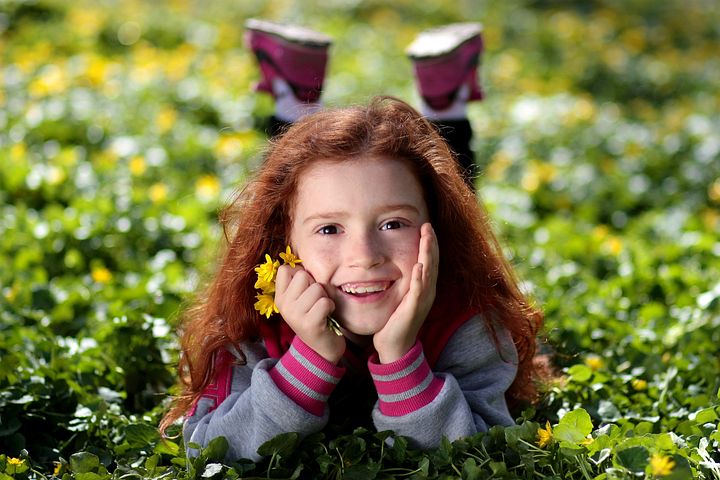
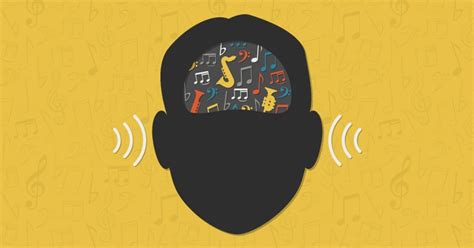
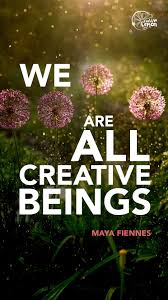
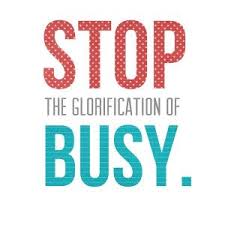
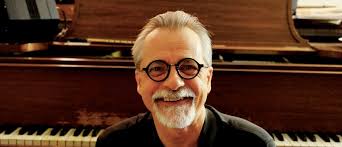


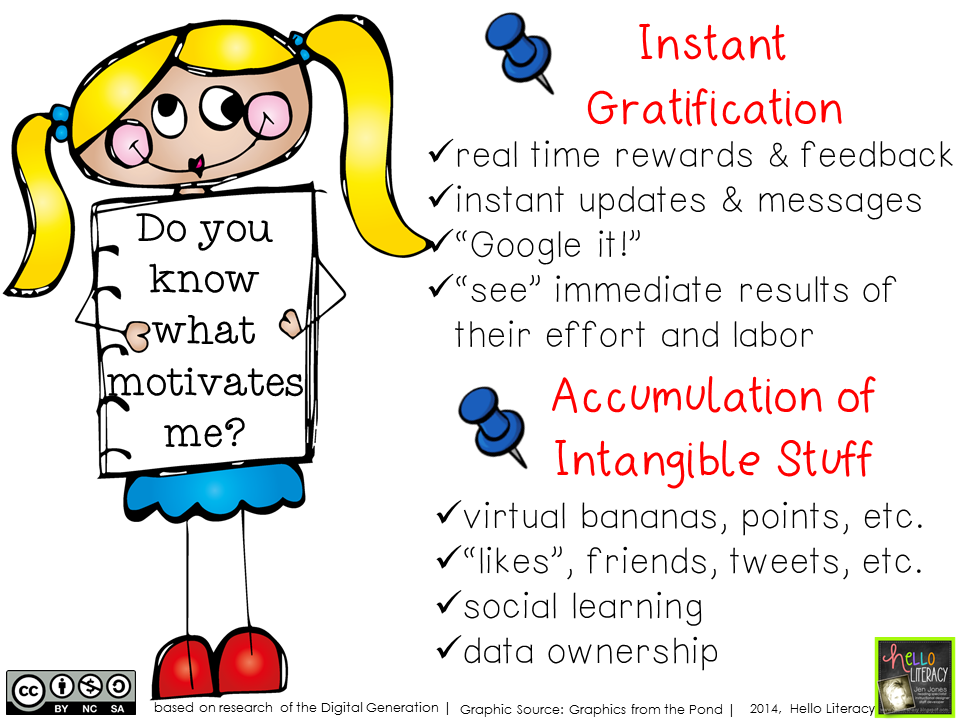
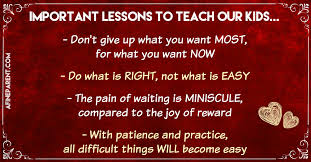
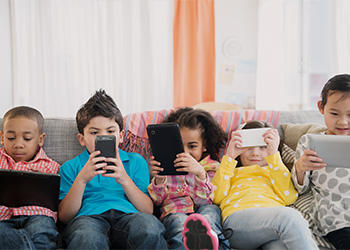
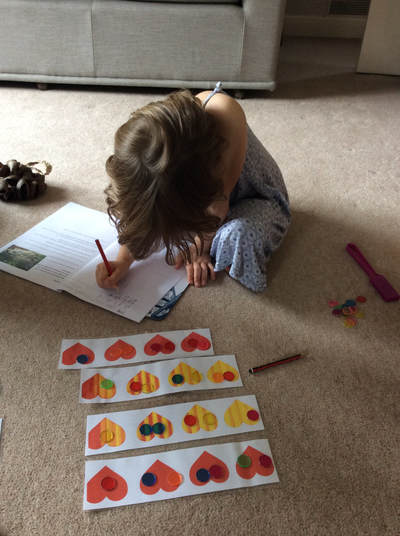
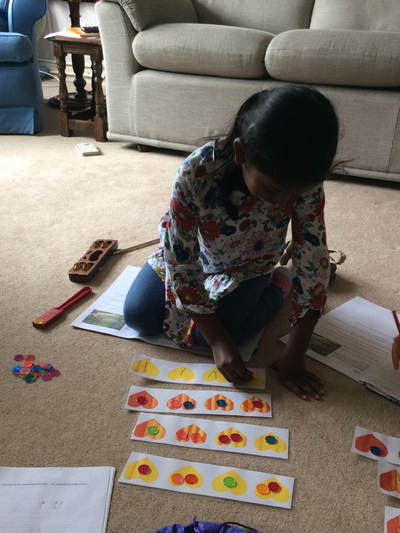
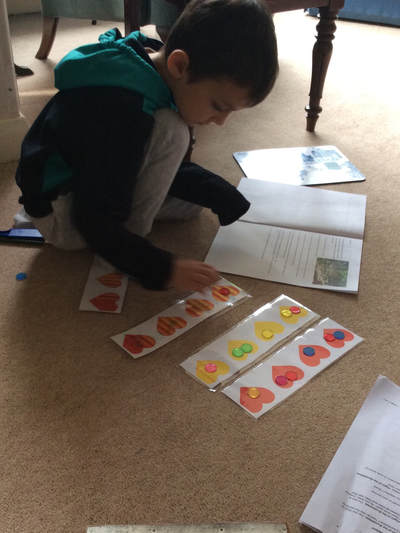
 RSS Feed
RSS Feed